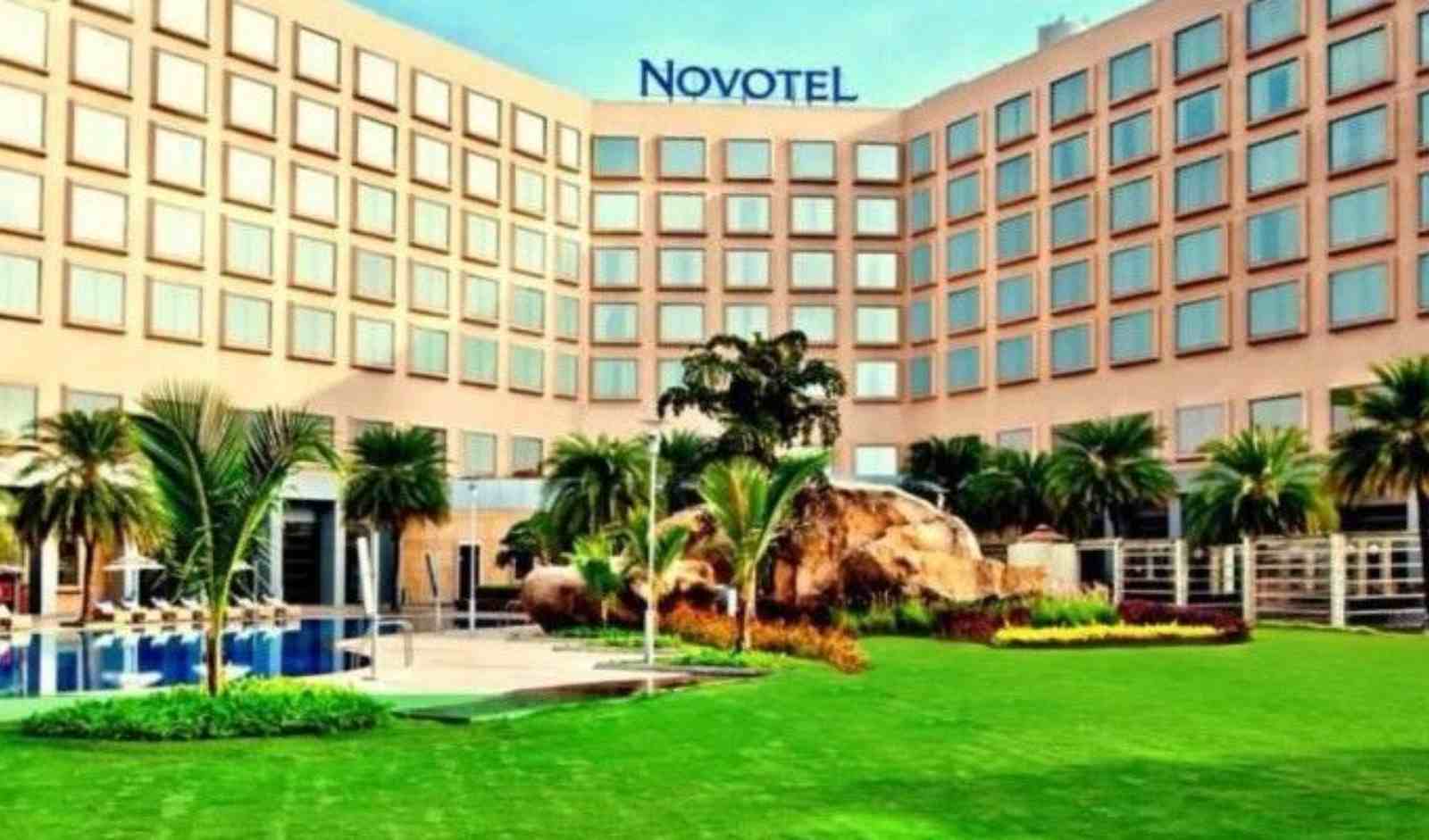Telangana is actively championing a paradigm shift in its urban development strategy, placing a strong emphasis on eco-friendly construction practices, particularly for high-rise buildings. At a recent national conference in Hyderabad, Duddilla Sridhar Babu, Minister for IT and Industries, underscored the urgent imperative to adopt sustainable methods to combat climate change and urban pollution. This strategic pivot aims to leverage the construction sector’s robust growth, which contributes significantly to the state’s economy, towards building zero net carbon, resilient, and equitable urban landscapes.
The Minister highlighted the construction sector’s impressive 11.97% growth, contributing a substantial ₹80,000 crore to the state economy. He advocated for a decisive transition from traditional Reinforced Cement Concrete (RCC) structures to more modern composite and steel alternatives. These advanced materials offer compelling advantages, including the potential to reduce construction time by a remarkable 40%, decrease structural weight by 30%, and significantly minimise environmental pollution during the building process. Such efficiencies are particularly pertinent for Hyderabad’s rapidly evolving skyline, which already boasts over 200 buildings exceeding 100 metres in height, with another 250 under various stages of construction.
Beyond the immediate benefits of faster and lighter construction, the adoption of composite and steel structures aligns seamlessly with broader environmental objectives. These materials often incorporate recycled content and are more readily recyclable at the end of a building’s life cycle, promoting circular economy principles. This shift is critical for reducing the embodied carbon in construction, a major contributor to global greenhouse gas emissions. By embracing these sustainable alternatives, Telangana is not merely constructing buildings but is actively investing in a cleaner, greener future for its citizens, mitigating the urban heat island effect and improving air quality.
Minister Sridhar Babu also articulated Telangana’s expansive vision for sustainable development, which extends beyond green high-rises. This includes ambitious plans for the distribution of 500,000 ‘Indiramma houses’, aiming to provide affordable and sustainable housing solutions for a wider demographic, fostering more equitable living conditions. Furthermore, the state is integrating emerging technologies like Artificial Intelligence (AI) through initiatives such as the ‘Build Now’ portal, designed to streamline construction approvals and enhance transparency. Plans for collaboration with the Bureau of Indian Standards (BIS) to develop national building codes for composite and steel structures further underscore the state’s commitment to setting new benchmarks in sustainable construction.
In a call to action for the next generation of civil engineers, Sridhar Babu urged innovative thinking and a departure from conventional methods. He reaffirmed the state’s unwavering commitment to developing sustainable and resilient infrastructure, a vision he believes will be instrumental in propelling Telangana towards a formidable $3 trillion economy by 2047. This forward-looking approach positions Telangana as a leader in sustainable urbanisation, demonstrating how economic growth can be harmonised with environmental stewardship and social equity to create liveable, future-ready cities for all.
Also Read: MMRDA seeks forest clearance for ₹1,100 cr BKC pod taxi bordering mangroves


